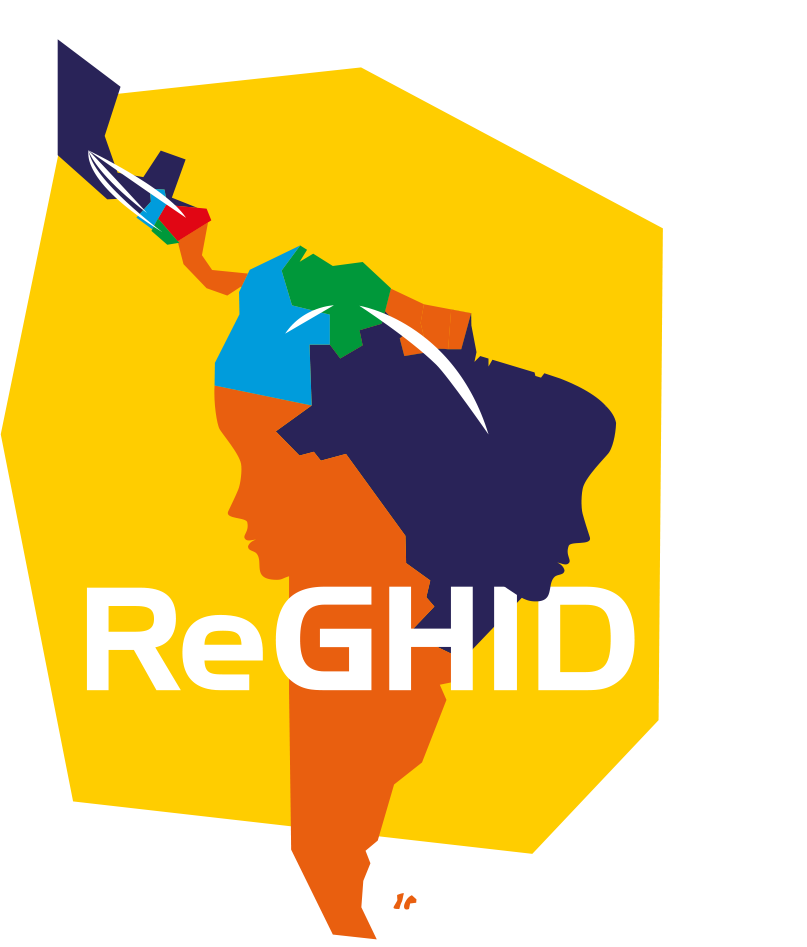Seminars/Webinars
First webinar in the series successfully delivered
The series of webinars organised by our co-investigators at FLACSO Honduras got off to a great start on the 24th of September 2020. Pia Riggirozzi, ReGHID Principal investigator, opened the first session where experts in the field shared their insights about the challenges posed by the feminization of migration flows in northern Mesoamerica. Watch the recording
Don’t forget to look at the calendar for the rest of the webinars in the series, happening every Thursday at 10.00 hrs Tegucigalpa time / 17.00 hrs BST. You can join the webinars via Facebook live or via this link to Webex Cisco.
ReGHID team at FLACSO Honduras launches webinar series
The aim of these public webinars – which will be held via Facebook Live – is to contribute to the collection of the most up to date information and knowledge of the situation faced by migrant women of childbearing age in northern Mesoamerica (Mexico, Guatemala, El Salvador and Honduras) within the framework of the economic, political and social complexities associated with the covid-19 crisis. These webinars will place a particular emphasis on addressing the sexual and reproductive health needs of migrant women transiting through Mexico and women who have returned to Guatemala, El Salvador and Honduras, and their response mechanisms.
The webinars will take place each Thursday, starting on the 24th September at 10.00 hours – Tegucigalpa time. The calendar can be found here.
First Virtual Seminar – Venezuelan’s social crisis and mass migration: Presentation of the 2019-2020 National Survey of Living Conditions (ENCOVI)
Venezuela, once-prosperous OPEC nation, experiences unparalleled poverty rates and continued economic collapse over the last half decade. According to the ENCOVI project, Venezuela’s foremost survey on living conditions in the country, conducted by researchers at Andres Bello Catholic University (UCAB), 64.8% of Venezuelan households experienced “multidimensional poverty” in 2019, a measure that takes into account income as well as access to education, health and public services, among other factors. One of the immediate consequences has been massive forced migration, domestic disruptions of demographic transition processes and a major humanitarian crisis in Latin America.
These challenges, central to the ReGHID project’s objectives, were addressed by Prof Anitza Freitez, who coordinates the Encuesta Nacional Sobre las Condiciones de Vida – ENCOVI, at ReGHID’s first virtual seminar on 27th August 2020. The seminar brought together a team of 30 international researchers and experts from Brazil, Venezuela, El Salvador, Nicaragua and UK institutions.
The ENCOVI study was born out of the need for academia to provide a coherent response to the continued unwillingness of the Venezuelan government to publish any detailed information on the topic. More than 5 million Venezuelans have left the country since 2014. This represents the largest exodus in the recent history of Latin America and it has been declared a complex humanitarian emergency by the UNHCR. A short video about the ENCOVI study can be accessed here.
The presentation was followed by a Q&A and new opportunities for cooperation were identified. The content of Prof Freitez’ presentation can be accessed as a powerpoint file by clicking here or as a .pdf document by clicking ‘download document’ below.
